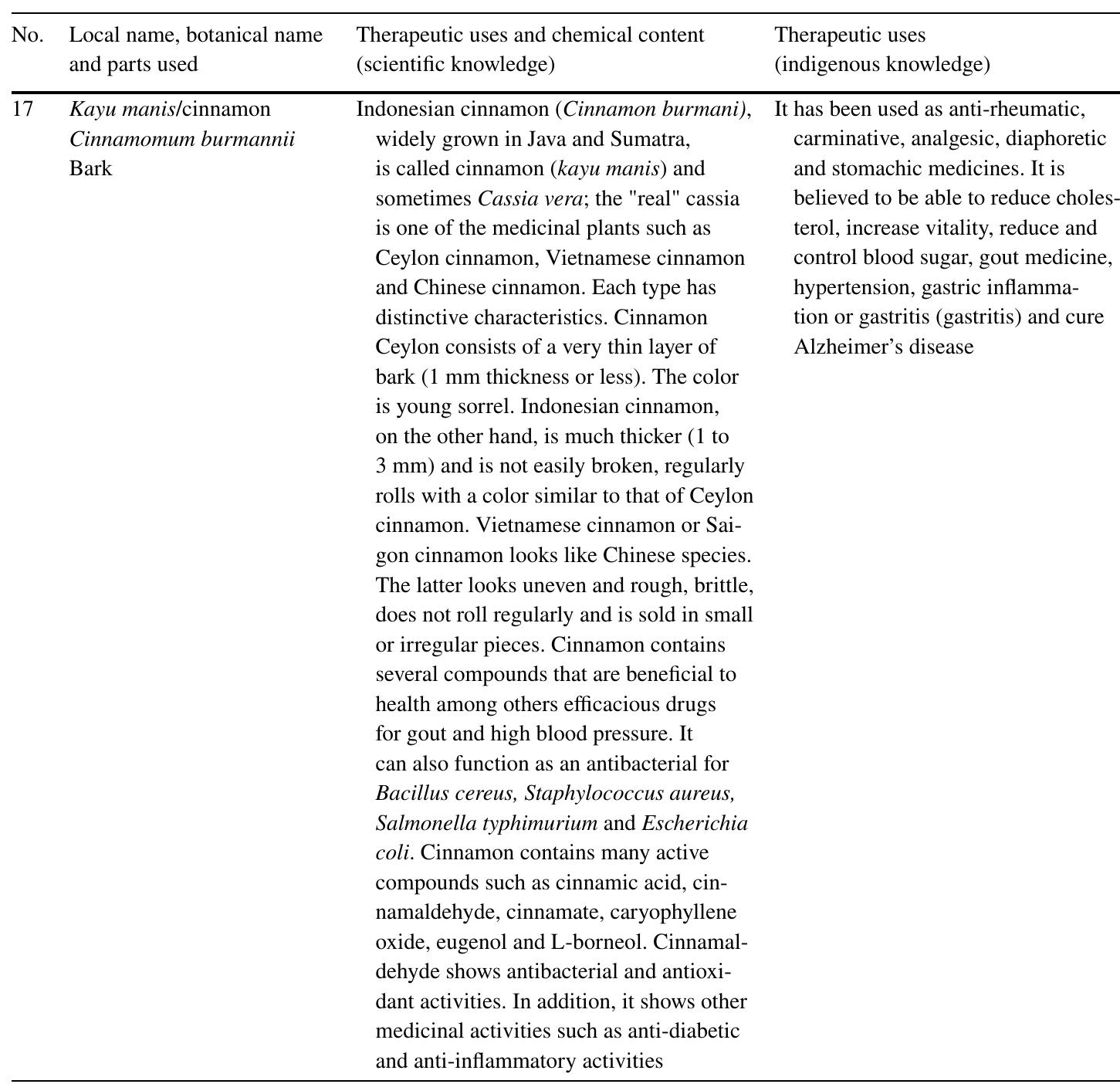Key research themes
1. How does multidisciplinary and integrative curriculum design enhance chemistry education outcomes in higher education?
This research theme investigates the implementation of multidisciplinary, interdisciplinary, and transdisciplinary teaching (MITT) approaches in chemistry education within higher education settings. It explores the pedagogical benefits, structural challenges, and future potentials of integrating chemistry with other STEMM disciplines to improve cognitive learning, critical thinking, and relevance of chemistry education to real-world contexts and industry needs.
2. What are the effects and potential of digital and AI-based tools in chemistry education?
This theme explores the emergent role of digital technologies, including artificial intelligence (AI) chatbots and audiovisual aids, in transforming chemistry teaching and learning. It assesses their capabilities to personalize instruction, enhance student engagement, facilitate inquiry, and support conceptual understanding, while addressing challenges related to implementation fidelity, teacher adaptation, and critical use in educational settings.
3. How do targeted pedagogical interventions address foundational skill deficits impacting chemistry learning success?
This theme encompasses research into educational strategies and materials designed to remediate learners’ foundational deficiencies in mathematics, conceptual understanding, and practical skills critical for chemistry mastery. It includes curriculum reforms, supplementary instructional resources, and problem-based learning that aim to bridge gaps between abstract chemical concepts and learner readiness to foster higher academic achievement and self-directed learning.


























































